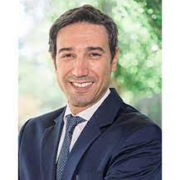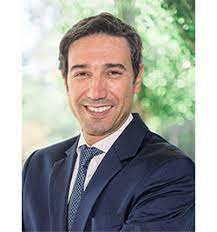How a New CEO Built Ill Will
Every new CEO is under a microscope in year one. Smart CEOs use their first six to twelve months learning, building relationships and listening carefully. Starting strong in year one provides the foundation for bolder moves and renewal down the road. Ideally, followers get to know, like and trust the new CEO. The best CEOs create goodwill as they seek to create great value.
The opposite of goodwill is ill will. One way to create ill will with stakeholders is to renege on a commitment made to employees last year by the previous CEO. Under the leadership of the previous CEO, the company was recognized as a Fortune 100 Best Company to Work For in 2022.
Named five months ago as CEO of insurance industry’s Farmers Group, Raul Vargas, chose to reverse his company’s policy of allowing employees to work remote. The June 7 Wall Street Journal reported many employees at Farmers made significant lifestyle changes, knowing they could work remote. Some moved their families to new cities. Others expanded home offices so they could work remote. Then, in May 2023, Vargas reversed his predecessor Jeff Dailey’s decision, now requiring all employees to work in the office three days a week.
Over 2,000 complaint comments have been posted by Farmers employees on internal and external social media platforms. Some are preparing to quit, and others are calling for unionizing. There’s been an employee revolt. Responding in a company-wide email, Vargas explained his decision, believing the office is better for “collaboration, creativity and innovation.” There was no business crisis or threat to financial performance that precipitated this change in policy.
The “return-to-office” issue is a hot potato with which many firms are wrestling. Many management teams are implementing stricter workplace policies. Some are trying to restore five days a week in the office. Now, even hybrid workplace strategies that call for two or three days a week in the office are getting pushback with petitions, walkouts and protests.
There are pros and cons of “return-to-office” (RTO) work. Findings from recent studies make the case for both remote and return-to-office work environments. Every company will need to develop a flexible path that works for them and their employees. Factors to consider include the nature of the work, the ability to execute the work as an individual contributor, face-to-face customer requirements and many other variables. But remote and RTO work is not the focus of this article.
What is the focus of this article is how a new CEO builds or destroys credibility and trust. Ignoring previous promises to the workforce, isn’t the way a new CEO builds credibility. Most certainly, Vargas was informed by members of his leadership team the recent decision around remote work was carefully considered and communicated. Any change to that commitment would result in major blowback. By making such an unpopular (and likely unnecessary) decision in month five of his tenure, that greatly impacts his employees, Vargas has put himself in a huge hole. He has created enormous ill will. Can he climb out of that hole and win the hearts and minds of his employees? Can he gain the confidence of his other stakeholders? We shall see. It may be like climbing Mt. Everest for Raul Vargas.





